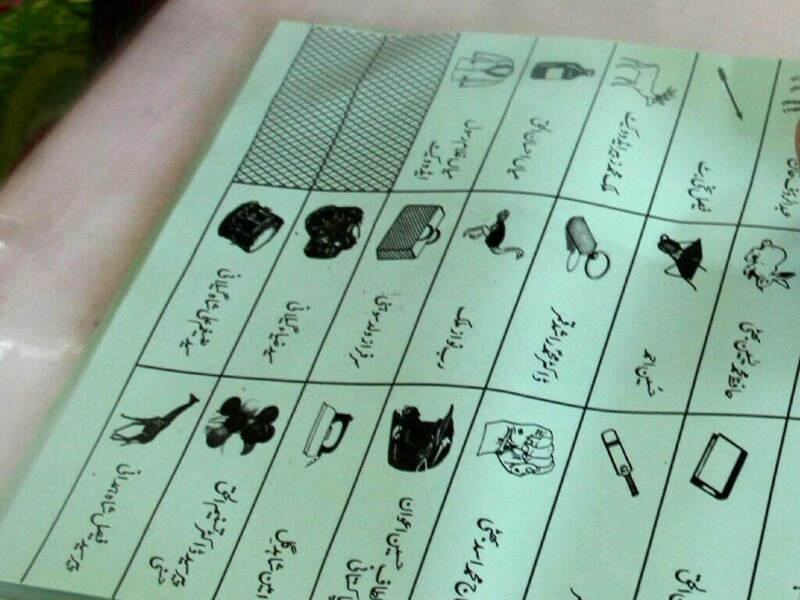Leadership Shifts:
In 2018, Imran Khan led Tehreek-e-Insaf to power, but a no-confidence motion ousted him in April 2022 before completing his term. A similar fate befell Nawaz Sharif before the 2018 elections due to convictions and disqualification.
Imran Khan, elected in 2018, faced legal issues before completing his term in the 2024 elections, mirroring Nawaz Sharif’s predicament.
Imprisonment of Former Prime Ministers:
Nawaz Sharif was jailed before the 2018 elections, and in a parallel turn of events, another former Prime Minister, Imran Khan, faced imprisonment preceding the 2024 elections.
Use of Recorded Calls for Voter Outreach:
In 2018, PTI pioneered the use of recorded calls to mobile phones for voter engagement. Imran Khan utilized this method for his party, setting a trend.
The trend persisted in 2024, with other parties, including Muslim League-N, adopting similar strategies to seek votes through recorded calls.
Mobile Phone Ban at Polling Stations:
In both elections, a ban on carrying mobile phones inside polling stations was enforced. This restriction continues in 2024, limiting mobile phone access to presiding officers only, barring staff and voters from bringing phones.
As the countdown to the election narrows, these parallels offer intriguing insights into the dynamics and strategies employed across both electoral periods.


